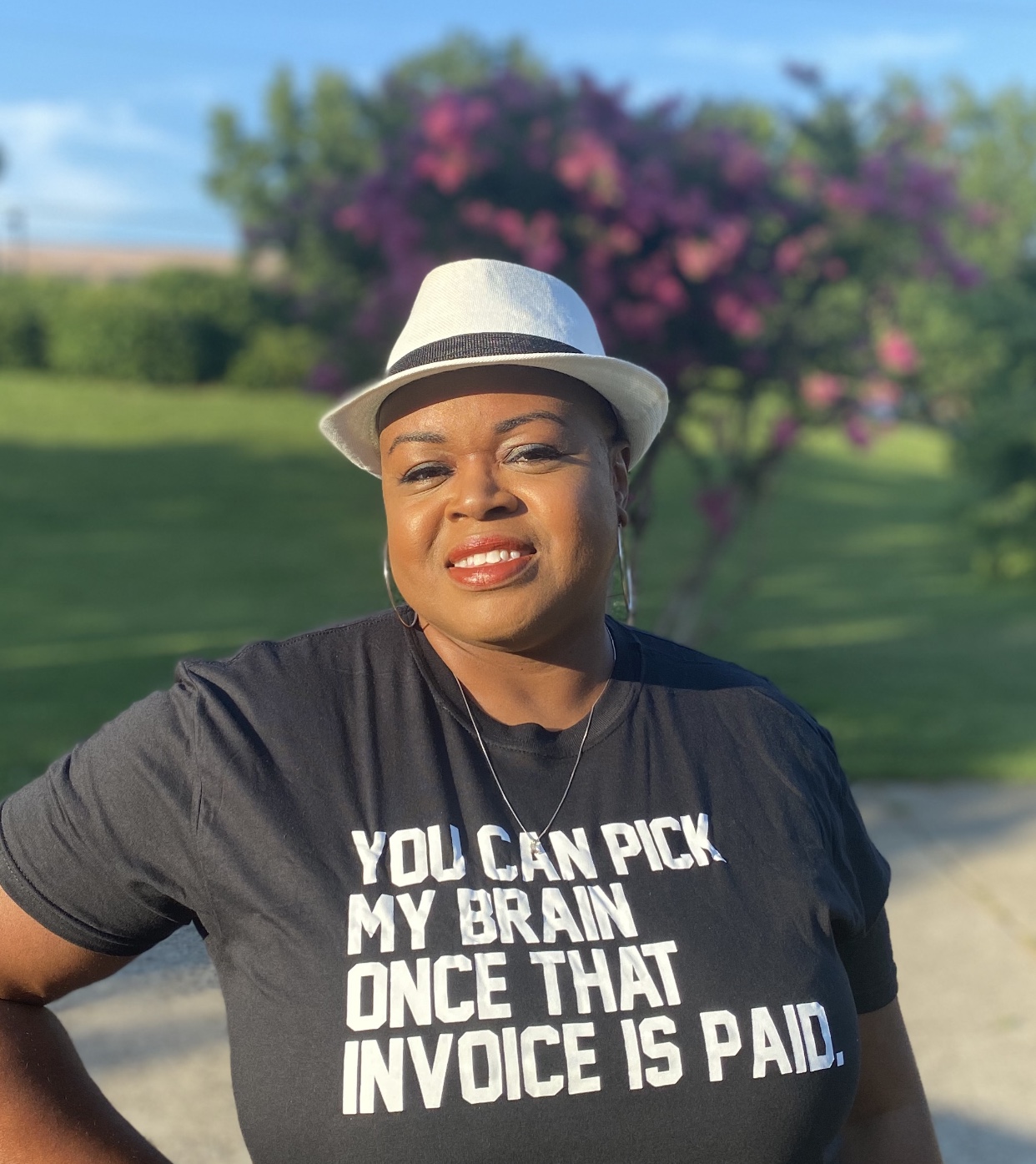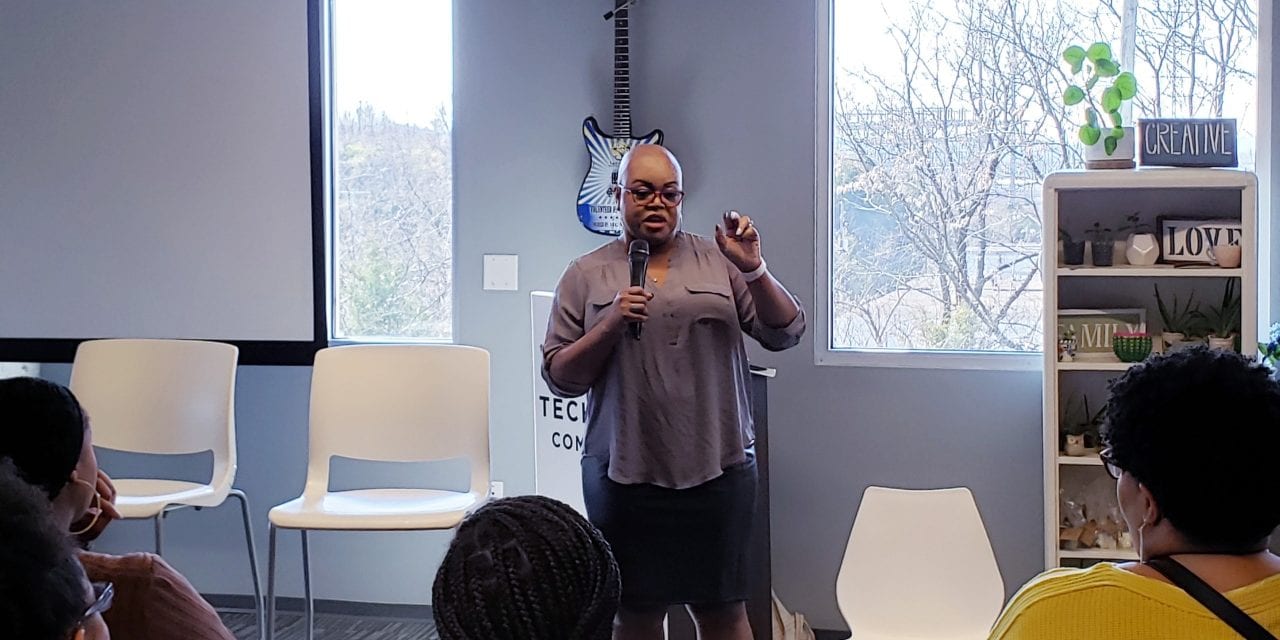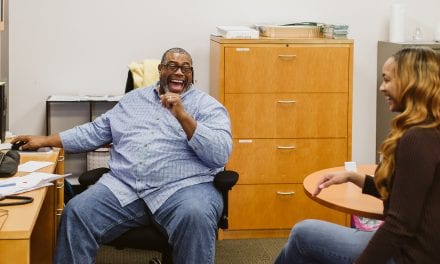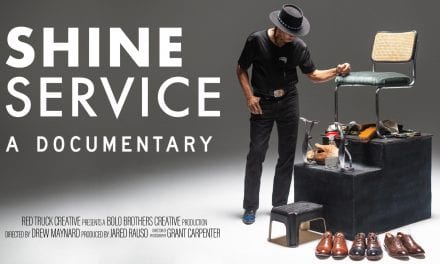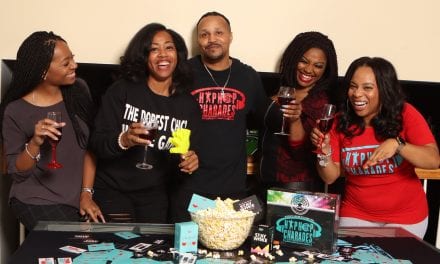Can marginalized voices bring a critical perspective to a business or organization? Christy Pruitt-Haynes, author, TEDx speaker, diversity and inclusion strategist, and CEO believes that the answer to this question is an unequivocal “Yes!”
Christy is the founder of Our Truths, a consulting business that solves human resources problems for companies, while advocating for the needs of Black women in the workforce.
The company website details the logic behind the cause, stating: “Our Truths is dedicated to providing resources and opportunities for organizations and leaders who are looking to better support their workforce by advocating for Black [women].” Our Truths mission statement references global management consultancy McKinsey & Company “2020 Women in the Workplace” study, which states that Black women are less likely than their coworkers to feel their managers support them at work. Even with changing cultural attitudes, the study says that, “Black women continue to operate from the bottom rungs of success in acknowledgement of value, access to top-tier leadership positions, and pay equity.”
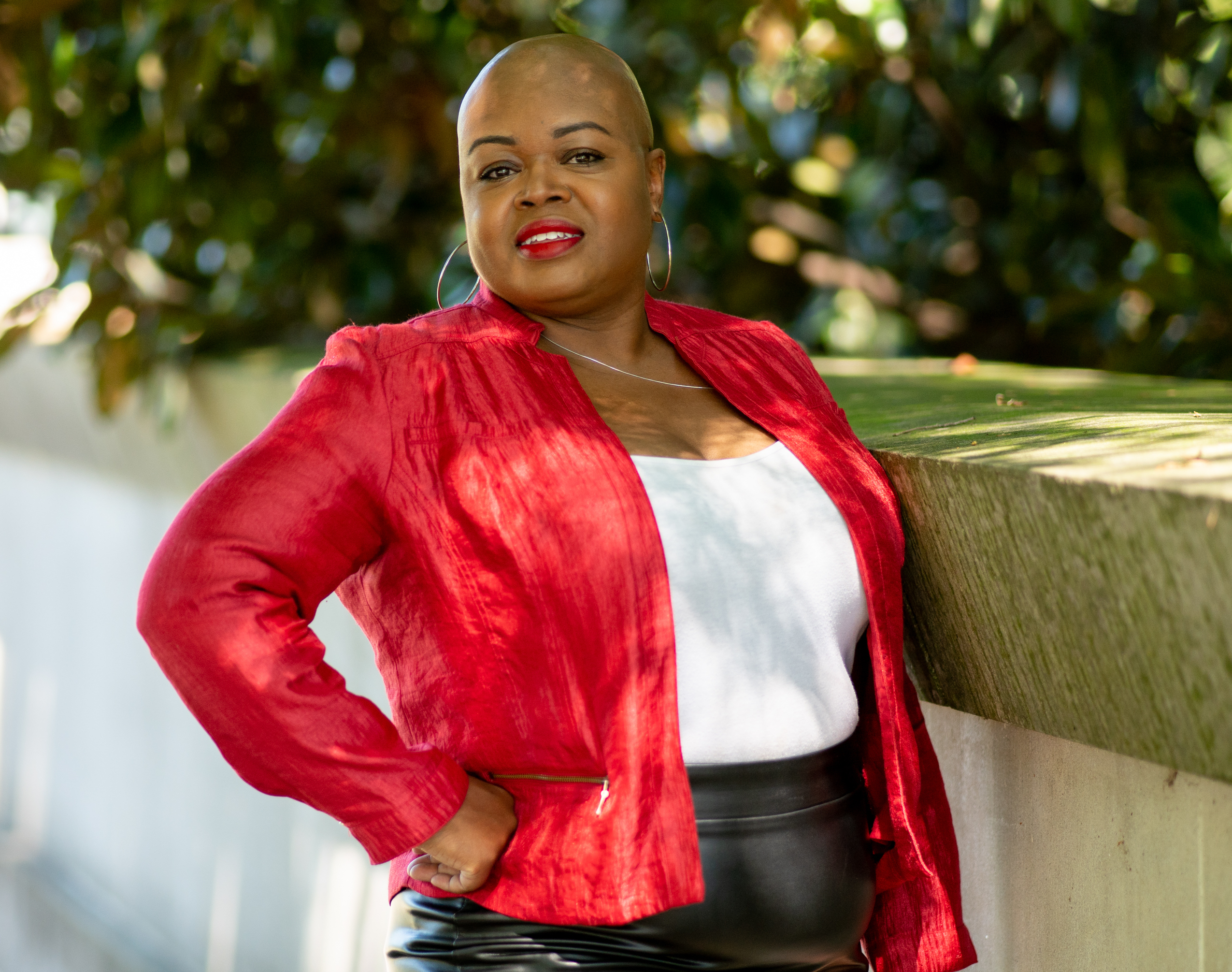
What got Christy into consulting is best understood from the beginning of her HR career story. She started her career 25 years ago in human resources, working for Viacom, the Memphis Grizzlies, Emdeon/Gibson Guitar, and ADT.
“I absolutely loved it,” she tells Launch Engine of her past experience working for corporate entities. “Part of what HR does is that it really does touch every area of the business. You get to work with everyone. I felt like it was my responsibility to make sure the organization had the intellectual capacity to meet its goals.”
Christy took her role as an HR professional to heart, enjoying what she did. Much of her experience was positive. However, she says often when companies have issues that need to be dealt with, they won’t look at the internal personnel who could offer help. Instead, they turn to external consultants, some of whom charge exorbitant fees according to Christy.
Christy offers her assessment: “What I… believe it is—people are conditioned to think the big, fancy consulting firms have all the answers. What it really comes down to is oftentimes, they don’t want to hear what the real problem is.” In her view, the decision to hire an external agency is nested in company leadership not being effective in the way they communicate expectations. This sometimes means that what the company’s leaders request does not align with the kind of behavior that is rewarded in the workplace.

“If you present that information, it is ‘Eh, no, that can’t be it. It’s got to be something else. It’s got to be something bigger,” Christy says.
While some of this is regarded by Christy as intentional deception on the part of leaders in certain companies, she acknowledges that some companies aren’t totally self-aware. Intentionally or not, many of these HR firms give leaders of companies an out to deflect their bad behavior onto some scapegoat. Sensing that this was the way for her to move the dial to honest assessments and positive action to help an organization’s employees, Christy made the leap from corporate work to entrepreneurship.
“In doing that work though and becoming a consultant… I noticed that even on the outside looking in, there were a few groups whose voices just were, quite honestly, ignored,” Christy says. These groups were often women and people of color, which when distilled down, meant that women of color were the least likely to have their input valued.
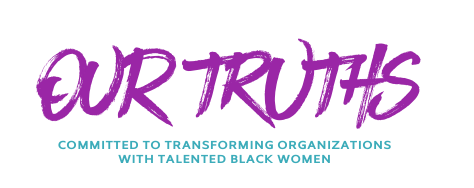
Women being left out of operational conversations was something that Christy tells Launch Engine she could track. According to Christy, the picture derived from the data “wasn’t pretty.”
“They were promoted at a slower rate, hired [in] at a slower rate,” she says. “And then, more importantly, ones inside the organization were overly criticized… other people almost assumed that they should be grateful to be there.”
Out of those realizations, Christy decided that her work as an HR consultant should be attentive to such marginalized voices while helping a business address its blind spots.
She says that this is a very difficult conversation for many leaders in businesses to have. “You see that even in the way that people build teams,” Christy says. One distinctive characteristic of an effective leader is that they are someone who builds a team to patch their weaknesses, rather than just finding people who think as they do. Where diversity of talent and perspective could become a strength, some business leaders might accidentally amplify their weaknesses by the way they hire.
“It’s interesting… You see it in so many organizations. And it really is a function of diversity in so many ways,” Christy adds. As a woman of color, Christy is in tune with the issues other women of color face. Keeping this in mind, she’s also an advocate of establishing a diversity of personality in the workplace.
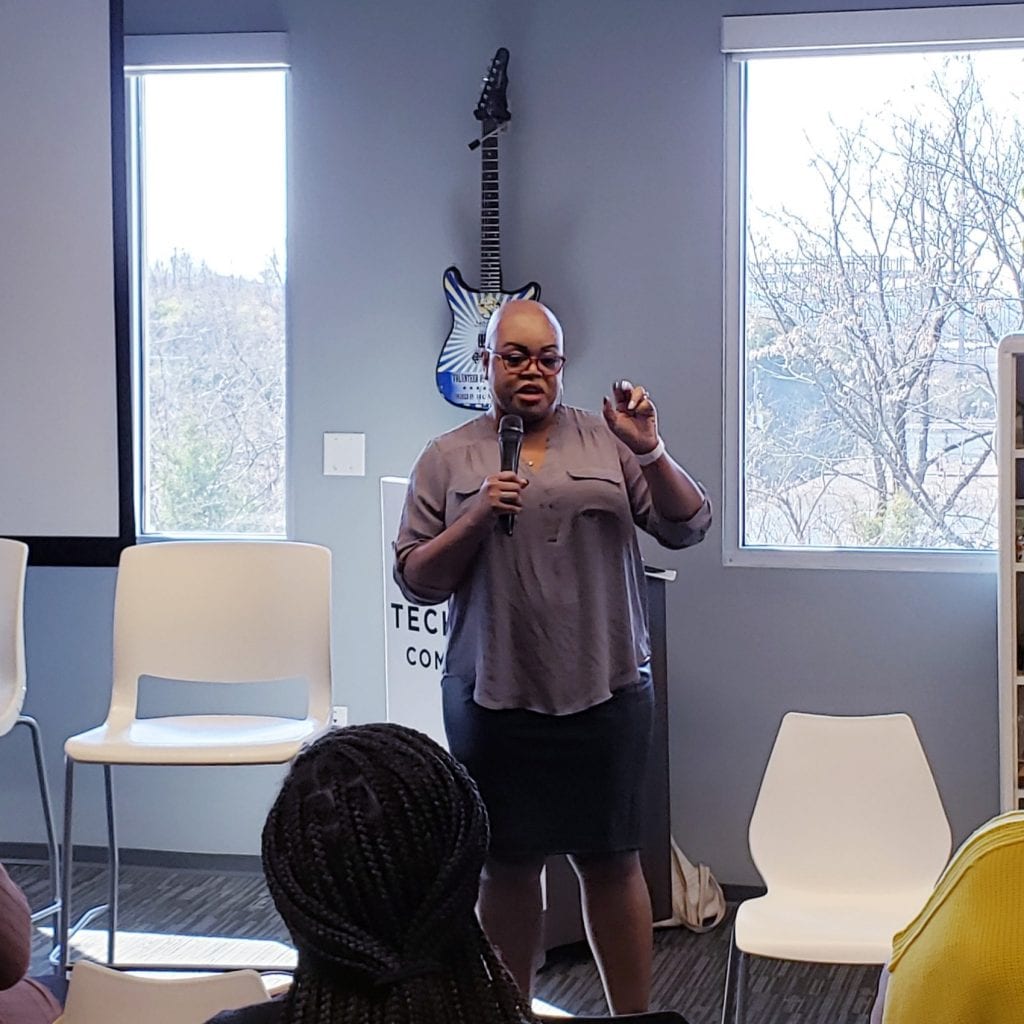
Since she’s a consultant being paid by the business to give them an accurate assessment, Christy has the liberty to be open with the people who hire her. The relationship between her business and the client assumes her expertise. This works to make what she says non-threatening and, at the same time, gives her words greater weight.
She explains this dynamic, “Because I’m not someone who reports to them, I can be much more transparent. And they already assume that I’m doing so with good intent. As opposed to sometimes when it comes from an internal person, there’s a question of, ‘Well wait, are they just in alignment with this person, and they’re trying to move me out?’ There’s all this other kind of background noise that gets eliminated when you’re talking with a consultant.”
In terms of elevating those whose voices aren’t heard, Our Truths helps marginalized employees in a few different ways. Christy works directly with those who supervise women of color, empowering them with tools and strategies that make sure Black women under their supervision have their needs met. There’s also what Christy refers to as “The 360 approach,” which looks top-to-bottom at the workplace culture. If issues pertinent to Black women working in a certain department are recurring in other parts of a company, Christy will offer special strategies, like training, to address systemic problems.
Our Truths also has a Speakers Bureau, which features many of the trainers that Our Truths might bring into an organization. These trainers are successful Black women who are experts in varying industries.

“You will be surprised on how a person’s perception can change when they hear someone who is a double board-certified doctor, or a nuclear engineer who’s the only [Black] woman who helped find a new element that’s on the Periodic Table. When they hear her speak, and then see this is a Black woman, it subconsciously says, ‘Wait a minute! There’s intelligence here. There’s knowledge here. There’s ability here.’ Who am I overlooking on my own team who has the same ability?”
According to Christy, the glass walls of communication boxing in Black women are invisible barriers found all over. “It’s a very common problem,” she says. “And it does several things. Obviously, it takes away from the productivity of that employee. It also adds to their stress level. But ultimately, it affects the success of the organization.”
For further information about Our Truths, be sure to visit its website and social media.
